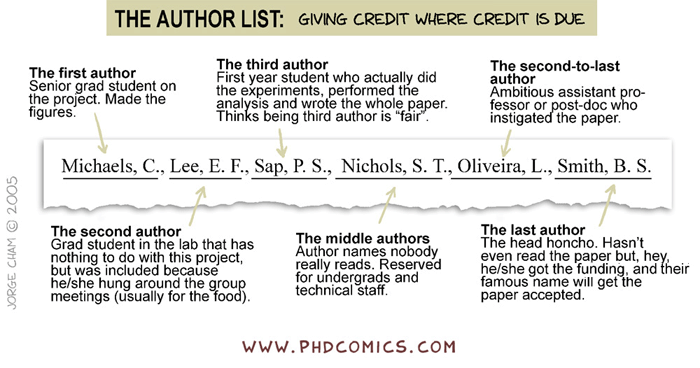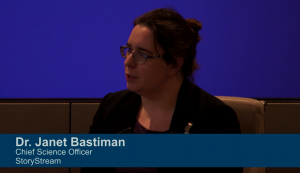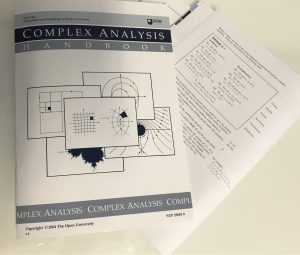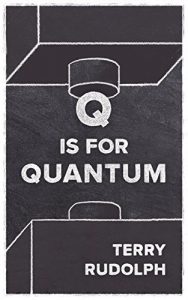
One of the toys that’s been advertised heavily in the UK this year for Christmas has been Cozmo with it’s “Big Brain, Bigger Personality” strapline. I got one last year and it was a great present. Let’s get this out there. Cozmo is relatively expensive. For about £1501 there are a lot of other things you might prefer to buy for a child (or an adult) for what is, on the surface “just a toy”. If you treat it as such then maybe it’s not the right thing for you, but viewing Cozmo as a simple toy is far less than he deserves. He is a lot of fun to play with, and the more you play with him, the more he begins to do. Continue reading Cozmo – a good present?








